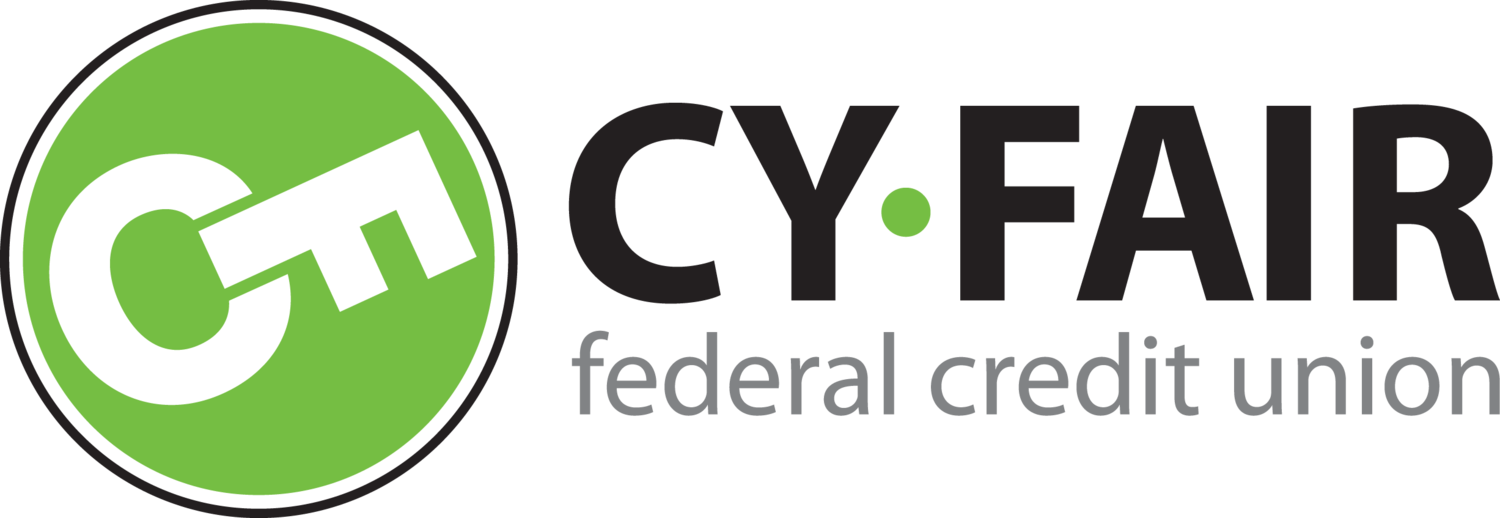Review Your Financial Situation Regularly
To stay in good physical health, most people get a medical check-up regularly. To keep your finances manageable, they need a regular check-up as well. It’s essential to review your finances if there have been changes to your life in the past year – things like a change in income, marital status, any medical emergencies, or if you’ve had a baby.
If you have certain goals, like saving for a down payment on a house or planning to retire early, reviewing your financial situation multiple times throughout the year is essential.
What should you be looking at specifically?
Are your expenses exceeding your monthly income? – Create a budget and track your monthly expenses. Are you spending more than you bring in? Are you using credit cards to support your lifestyle? If your expenses are getting out of control, use the budget to determine where to rein in your spending. Use cash or a debit card for your entertainment expenses or luxuries instead of a credit card. Consider using our Free Money Management tool, located inside your Online Banking, to automate your budget monitoring and tracking of your monthly spending.
Credit Card debt – Ideally, you should pay off the balance in full each month. If you cannot, try to keep your balance less than 30% of your total credit amount. To control your credit card expenses, give yourself a 24-hour rule: If you see something you want to buy, give yourself 24 hours before purchasing it and see if you still need it.
Insurance – If you’re a renter, do you have renter’s insurance? If your building were to have a fire or your apartment is broken into, this coverage would be well worth the expense. If you don’t have health insurance through your work, consider purchasing a fixed benefit indemnity plan or a short-term medical plan that will cover medical expenses in the event of a serious illness or injury.
Emergency fund – Do you have one? If not, consider starting one, and depositing a specific amount into that account with each paycheck. Start by putting at least 1% of each paycheck into an emergency fund and aim to save enough to cover 3 to 6 months of household expenses. This will provide you with peace of mind in the event of a sudden loss of income or a major repair bill. You can easily open an account, online or at one of our locations, to use as an emergency fund.
For assistance, contact us or stop by to speak with a representative.

